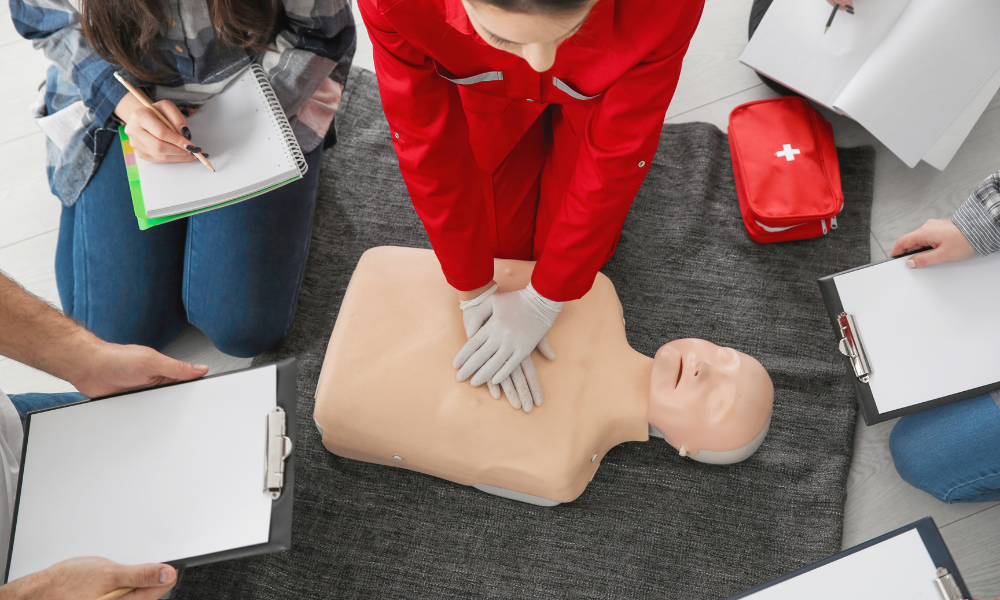

In today’s fast-paced and unpredictable world, AID training, commonly referred to as first aid training, has become an essential life skill that every individual should possess. Emergencies can strike at any time — in homes, schools, workplaces, or public places — and knowing how to respond quickly and effectively can mean the difference between life and death. First aid training equips people with the ability to remain calm under pressure and take swift, informed action. This training is not just about physical intervention; it’s also about assessing the situation, ensuring safety for everyone involved, and making the right decisions in the heat of the moment.
Preparation is intense. Medical supplies are not just gathered but carefully curated based on the predicted needs: trauma kits, antibiotics, water purification tablets, vaccines, and specialized equipment like ventilators or neonatal care units. Every piece of gear must be portable, durable, and efficient. In parallel, team members undergo final briefings, review cultural sensitivities, and ensure immunizations and security clearances are up to date. Once deployed, AID teams often work around the clock in field hospitals, makeshift clinics, or even under tents and tarps. In the critical first 72 hours, they focus on triage—sorting patients by urgency, stabilizing the most critical cases, and managing infection control.


We are committed to building resilient communities through expert FIRST AID training and emergency treatment.
09820458249
bestfirstaidtrainer@gmail.com
vijay Residency, 403, off Ghodbunder road, Above Maghar Resturant, Kavesar, Maharastra 400615
Copyright @2025 OJ AYURVED . Powered by MBG Card Pvt. Ltd.